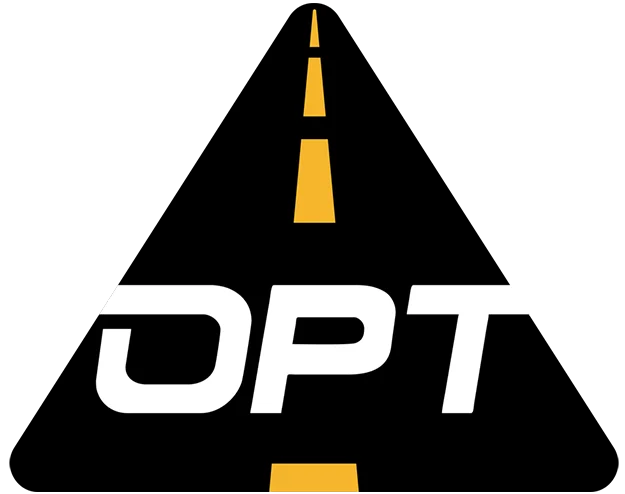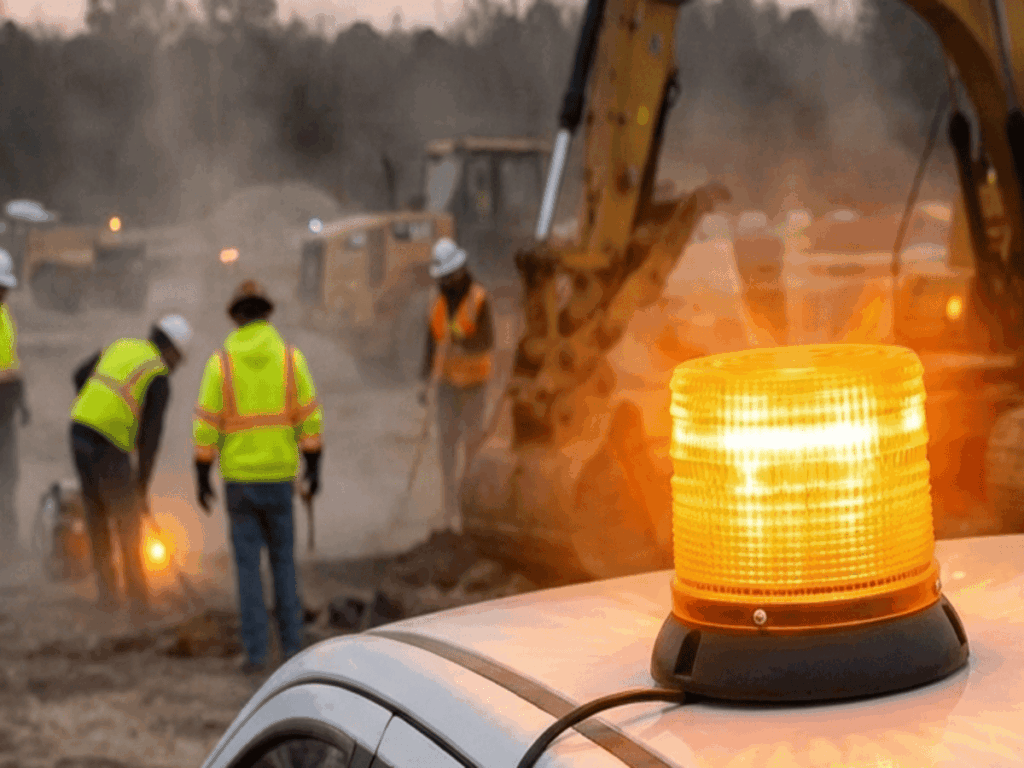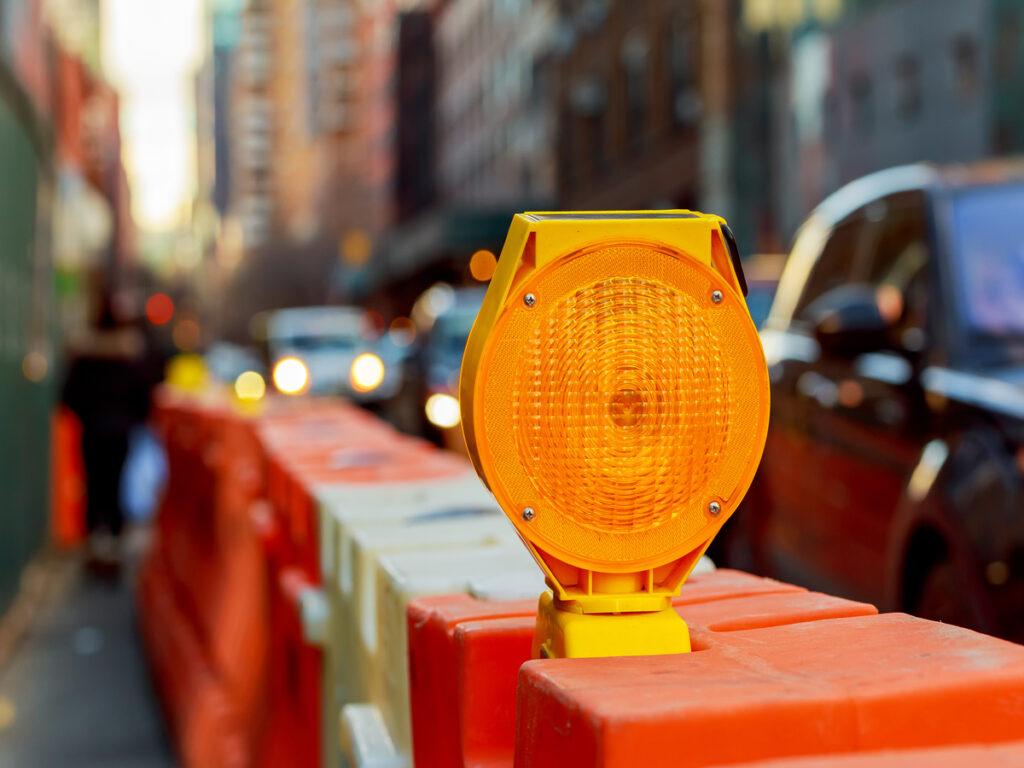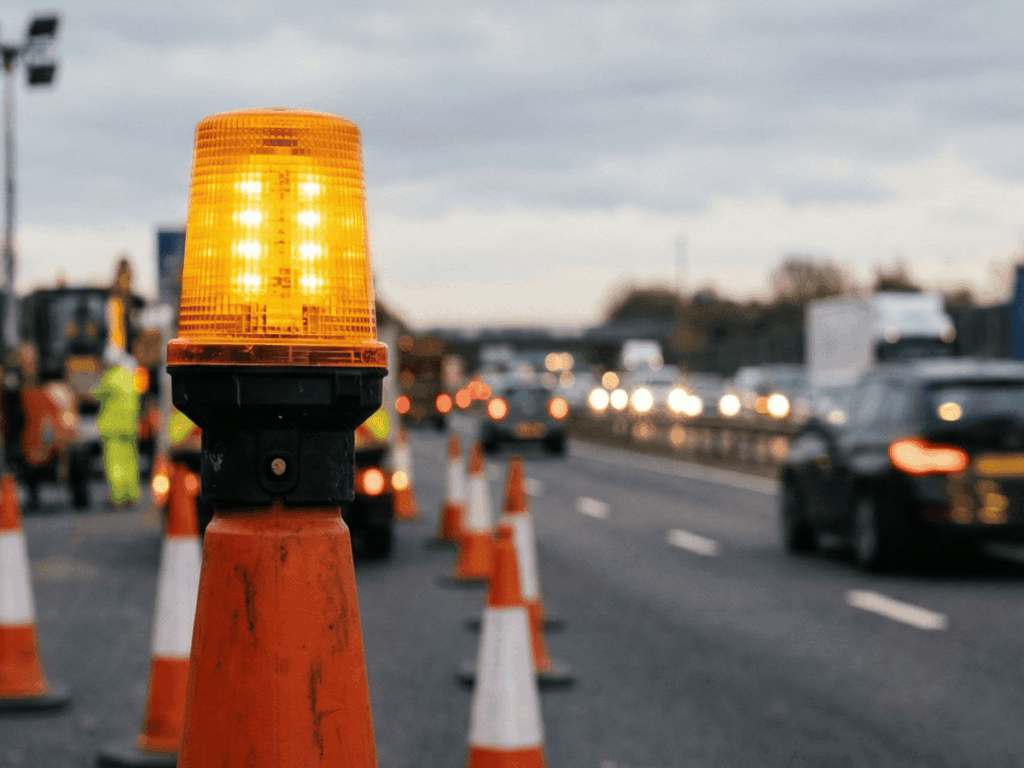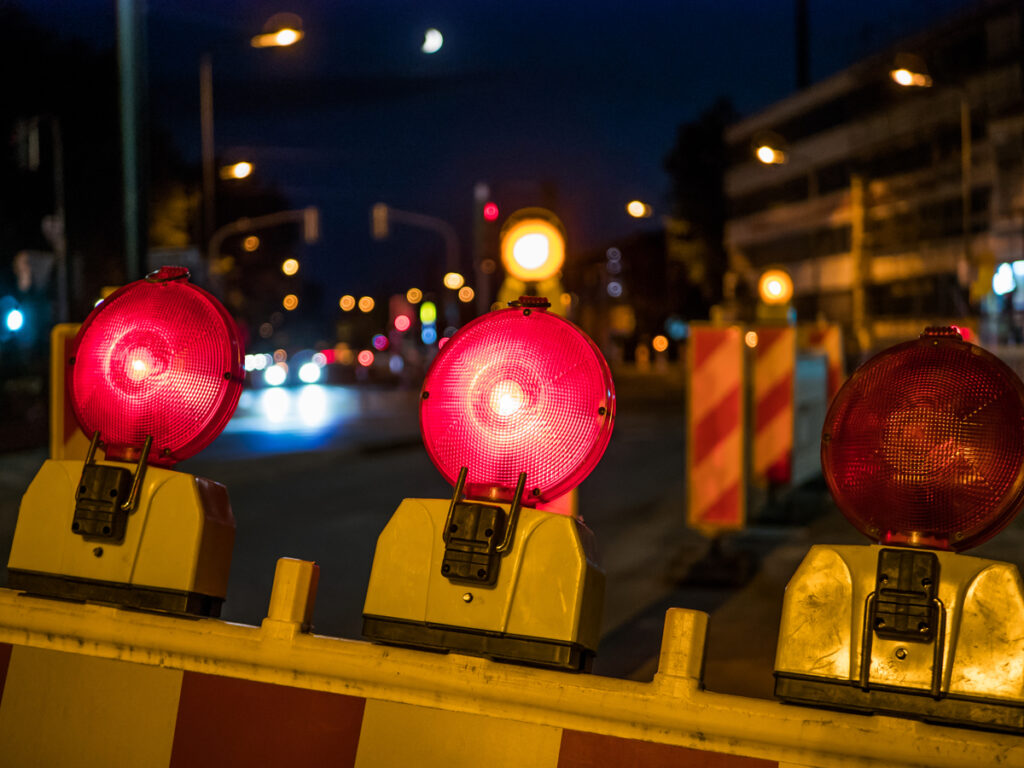
Diesel and hydraulic leaks often occur in construction areas. Heavy machinery causes these leaks, which damage traffic sign frames. These signs help drivers stay safe in work zones. The fluids contain chemicals that corrode metal and weaken it. This damage makes the signs harder to see and less durable. Broken signs can pose dangers for drivers and deteriorate more quickly. Addressing leaks promptly saves money and ensures that traffic sign frames remain functional for a longer period.
OPTRAFFIC provides durable traffic sign frames and accessories designed to withstand harsh conditions, including exposure to chemicals and heavy machinery. With high-quality materials and a focus on longevity, OPTRAFFIC helps keep your traffic signage safe and visible, ensuring the continued safety of drivers and workers in construction zones.
Key Takeaways
- Checking heavy machines often can stop diesel and fluid leaks. Finding leaks early saves money and keeps sign frames safe.
- Cleaning spills right away is very important. Quick cleanup stops harm to signs, nature, and makes roads safer.
- Adding protective layers to metal frames stops rust and lasts longer. Think about using stronger materials for better results.
- Put barriers around sign frames to block bad fluids. This easy step lowers damage and keeps signs clear to see.
- Teaching workers about safety and spills is very important. Good training helps them act fast and keeps work zones safer.
How Diesel and Hydraulic Fluid Leaks Happen
Common places where leaks and spills occur
Hydraulic fluid leaks and diesel spills often happen near heavy machines. Construction sites, fuel stations, and repair areas are common spots. Machines like cranes, bulldozers, and excavators use hydraulic systems and diesel engines. Over time, parts like fuel lines, seals, and tanks wear out and leak. Mistakes during refueling or repairs can also cause spills.
A study in Antarctica found similar leak sources. It showed spills happen at fuel stations, helipads, and from broken tanks or lines. These examples show how leaks occur in different work areas. Whether in cities or remote places, the risks are alike.
Why diesel and hydraulic fluids harm road signs
Diesel and hydraulic fluids have chemicals that damage road signs. Diesel is made of hydrocarbons. When spilled, it reacts with air and water, causing metal to rust faster. Hydraulic fluids, often made from petroleum, do similar harm. They break down coatings on metal, leaving it open to rust.
These fluids are thick and stick to surfaces easily. This makes cleaning harder and increases long-term damage. On reflective road signs, spills make the surface dull and less shiny. This reduces how well signs reflect light, especially at night.
Knowing these facts helps prevent damage. Regular checks and cleaning can lower the harm caused by these fluids.
Effects of Diesel and Hydraulic Fluid Leaks on Traffic Sign Frames
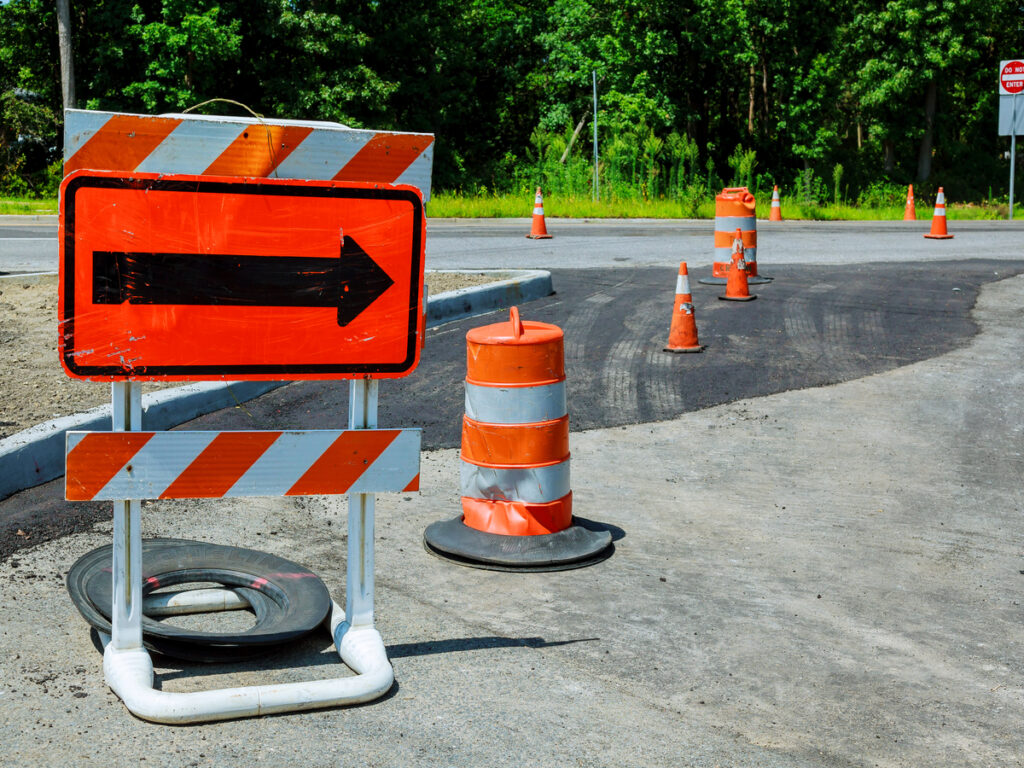
Corrosion and material deterioration
Diesel and hydraulic leaks can cause metal frames to rust quickly. These fluids break protective coatings, exposing metal to air and water. Rust spreads faster when the coating is gone, weakening the frame.
Damaged frames become rough, flaky, and lose strength over time. This makes them brittle and easier to break. If ignored, the rust can spread and shorten the frame’s lifespan.
To stop this, check frames often for rust or damage. Clean spills right away and use anti-rust treatments to protect the metal.
Structural weakening and long-term damage
Fluid leaks don’t just harm the surface; they weaken the whole frame. Over time, the frame may bend, crack, or even collapse.
Weak sign frames are dangerous, especially in bad weather. Strong winds or rain can cause signs to fall, risking accidents. In busy areas, broken frames make driving more unsafe.
You can prevent this by using stronger materials or protective coatings. Regular checks help find weak spots before they get worse.
Reduced visibility and safety hazards
Spilled fluids can stick to road signs, making them hard to see. The sticky residue dulls the sign’s shine, especially at night or in rain.
Bent or tilted frames also make signs harder to read. Misaligned signs can confuse drivers, increasing risks in busy areas.
To fix this, clean spills fast and keep signs straight. Adding traffic barriers around frames can block leaks and keep signs visible.
Solutions for Preventing and Reducing Damage
Steps to stop leaks with regular checks
Stopping hydraulic leaks starts with regular checks and upkeep. Look at machines often to spot wear or damage early. Check for cracks, loose parts, or broken seals in the system. Finding these issues early stops leaks before they get worse.
Tools can help find leaks faster. Use sensors or colored dyes to spot leaks in hard-to-see places. These tools save time and give clear results during checks.
Installing hydraulic parts the right way also helps prevent leaks. Make sure hoses, seals, and fittings are put in correctly. When parts fit well, they are less likely to break under pressure.
Tip: Make a schedule for machine checks. This keeps inspections regular and lowers the chance of leaks harming road sign frames.
Fixing leaks and cleaning spills quickly
Fix leaks fast to avoid bigger problems. Waiting to repair leaks can make things worse and cost more. First, find where the leak is coming from. Look at hoses, seals, and fittings for damage. If the leak is inside, you might need to take apart some parts to check closely.
After finding the problem, replace broken parts or tighten loose ones. Use strong, good-quality parts for repairs. Cleaning spills quickly is just as important. Use pads or booms to soak up spilled fluids. This stops the fluid from spreading to road signs or the ground nearby.
Alert: Always wear safety gear when fixing leaks or cleaning spills. This protects you from harmful chemicals in the fluids.
Using coatings and new materials for sign frames
Coatings can protect road sign frames from damage by leaks. Add anti-rust treatments to metal frames to block harmful chemicals. These coatings stop rust and help frames last longer.
New materials like composite frames give extra protection. Unlike metal, composites don’t rust and resist damage from leaks. They are light, strong, and great for places with frequent spills.
You can also set up barriers around sign frames. These barriers stop fluids from reaching the frames and causing harm. Using both coatings and new materials keeps road signs strong and easy to see, even in tough conditions.
Note: Think about replacing old sign frames with modern materials. These materials handle leaks and weather better.
Environmental and Safety Considerations
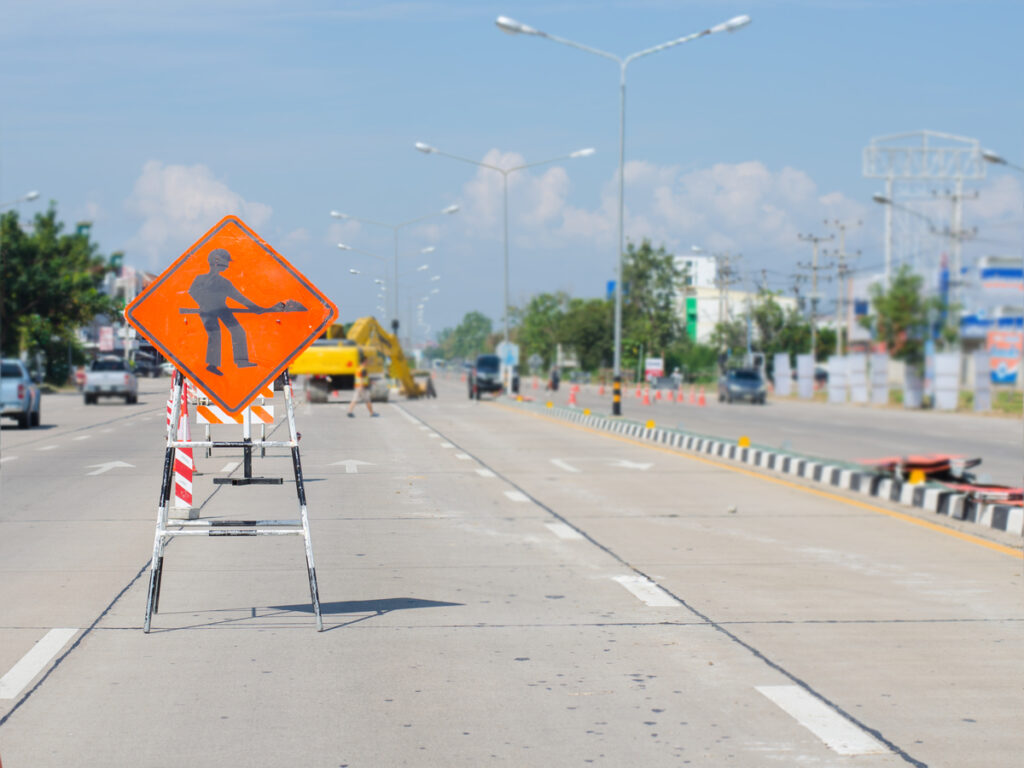
Managing soil contamination and environmental risks
Diesel and hydraulic fluid leaks can harm the environment. Spilled fluids soak into the ground and damage the soil. This makes it harder for plants to grow. Temperature and moisture affect how fluids move in the soil. For example, when the temperature rises from −5 °C to −1 °C, oil movement increases by 142%. If soil water drops from 20% to 12%, oil spread rises by 32.5%. These facts show why leaks are dangerous and need quick action.
To stop contamination, use barriers and absorbent tools to block spills. Check construction sites often to find risky areas. This helps protect the environment and prevents long-term damage.
Spill containment and cleanup strategies
Stopping and cleaning spills quickly is very important. Fast action makes cleanup easier and more effective. Studies show that using risk plans with oil movement tests improves results. For instance, surface oil cleanup methods can improve efficiency by 52.83% and reduce leftover oil by 48.25%.
Use pads, booms, or mats to stop leaks from spreading. These tools keep fluids away from soil and nearby structures. Train workers on how to handle spills properly for faster cleanup.
| Cleanup Method | Cleanup Efficiency Improvement (%) |
|---|---|
| Surface Oil Cleanup | 52.83 (average) |
| Surface Oil Cleanup | 48.25 (final volume) |
Using these methods lowers environmental risks and saves money on repairs.
Ensuring safety in construction zones
Keeping construction zones safe is very important. Clear traffic signs and markings help drivers move safely through work areas. Lower speed limits and barriers protect workers and guide traffic.
Training workers about dangers and safety steps reduces accidents. Bright clothing and gear make workers easier to see, especially at night. Regular checks of work zones help find and fix safety problems early.
Tip: Use bright signs and traffic controls together for better safety.
By focusing on safety and the environment, you can avoid problems and keep work running smoothly.
Diesel and hydraulic fluid leaks hurt traffic sign frames in many ways. Corrosion makes metal weaker, damage lowers strength, and spills reduce visibility. These problems make roads less safe and raise repair costs.
Protecting traffic signs starts with simple actions. Regular checks find leaks early. Special coatings guard frames from harmful fluids. Tools like pads stop spills from spreading further.
Tip: Clean spills fast and fix leaks quickly. This avoids lasting harm and keeps signs working well.
Fixing these issues helps make roads safer and lowers harm to nature.
FAQ
1. How can you spot a diesel or hydraulic fluid leak?
Check for stains or puddles near machines. Diesel leaks smell strong, and hydraulic fluid feels oily. Use tools like dyes or sensors to confirm the leak.
Tip: Inspect machines often to find leaks early and avoid damage.
2. What materials are good for road sign frames in risky areas?
Composite materials are great for places with frequent leaks. They don’t rust and resist chemical damage better than metal. Metal frames with anti-rust coatings also last longer.
Note: Upgrade old frames to stronger materials for better protection.
3. Why is it important to clean spills right away?
Spills spread fast and harm frames and soil over time. Cleaning quickly stops rust, lowers environmental risks, and keeps signs clear.
Alert: Use absorbent pads or barriers to stop spills before cleaning.
4. What tools help protect road signs from leaks?
Set up barriers around road sign frames to block spills. Use sensors or dyes to find leaks early. Protective coatings on frames also help prevent damage.
Tip: Use a mix of tools for the best protection.
5. How do diesel and hydraulic fluids hurt the environment?
These fluids soak into the ground, harming soil and plants. They spread faster in warm or dry weather, making the damage worse.
Reminder: Act quickly to stop contamination and protect the area.
